Russia: ‘Truth’ behind Nord Stream blasts would surprise Europeans
The Kremlin’s spokesman Dmitry Peskov has said the "truth" behind the September explosions on the Nord Stream gas pipelines would "surprise" many Europeans if it was to be made public.
On September 26, the Nord Stream 1 and 2 pipelines, which were built to deliver Russian natural gas directly to Germany, lost pressure abruptly following a series of powerful underwater explosions near a Danish island in the Baltic Sea surrounded by Sweden, Germany and Poland.
Since then, gas delivery from Russia to Germany has stopped.
Denmark, Germany and Sweden are conducting separate investigations into the blasts, with all three countries having barred Russia from participating in their investigations.
A preliminary report released by Danish police stated that "powerful explosions" had caused the rupture of the gas pipeline.
Danish police said inspectors had confirmed that there had been extensive damage to Nord Stream 1 and 2 in the Danish exclusive economic zone.
Parts of the pipeline were either missing or buried in the seabed, the company which was inspecting the damage reported.
Swedish investigators reached a similar conclusion earlier this month, blaming the blasts on “gross sabotage.”
Peskov said on Friday that if the "truth" were to be revealed, it would "surprise" many Europeans who suspect Moscow of orchestrating the blasts.
He said Moscow is working "intensely" to be included in an international probe, which Russia has previously said is "tailored" against it.
"Work is under way through diplomatic channels," Peskov said. "But so far it is running into a wall of unwillingness to get to the bottom of the truth together, which will surely surprise many in European countries if it was to be made public." Peskov gave no further details.
Russia has for weeks complained about not being included in the probe while also voicing Moscow's concerns about the leakage.
"Neither the Germans, nor the Swedes, nor the Danes share information with us," Peskov said.
According to Russian Foreign Ministry spokeswoman Maria Zakharova, the investigation into the attacks can be considered reliable and objective only if Moscow participated in it.
While some Western countries accuse Russia of being behind the explosions in the pipelines, Moscow has previously accused Western countries. Moscow has particularly pinned the blame for the explosions on the United States.
The pipelines have been at the center of geopolitical tensions when the West accused Russia of cutting gas supplies to Europe in suspected retaliation for Western sanctions over Moscow's military operation in Ukraine.
“Everybody understands who is behind this and who the beneficiary is,” Russian President Vladimir Putin stated earlier, explaining that with the gas lines inoperable, “one can now force the liquefied natural gas from the US on to European countries on a much larger scale.”
In related news, Peskov announced the creation of a gas hub in Turkey as the two countries design a new route to transfer Russian gas to Europe.
"The presidents gave instructions to immediately start negotiations and consultations with the relevant departments of the two countries. This initiative, in fact, is in the interests of both Moscow and Ankara, so now all the nuances will be worked out," Peskov told the reporters on Friday.
Earlier this month, Putin declared that Russia could redirect gas transit from the damaged Nord Stream pipelines to Turkey. Then he discussed the idea with Turkish President Recep Tayyip Erdogan during their face-to-face meeting in Kazakhstan’s capital, Astana. On October 14, Erdogan said the two leaders instructed relevant institutions of the two countries to quickly begin work on the idea of creating an energy hub in Turkey for gas supplies to Europe.
On October 19, Erdogan said he had reached an agreement with Putin on the gas hub, adding that Europe could start receiving Russian gas through Turkey.
In this regard, Turkish Foreign Minister Mevlut Cavusoglu said at a news conference on Friday that in order to weather the global energy crisis and alleviate the pressure from soaring prices, the sanctions against Iran needed to be lifted. “If you want the prices to drop, remove the embargoes on the countries that will offer their products to the market.”
In the meantime, soaring energy prices and inflation are compounding a devastating cost-of-living crisis facing many people around the world, including the Europeans who are living in dire economic straits in cities across the continent.
Iran calls for regional action to preserve Yemen’s unity, territorial integrity
Gaza Media Office: Israel killed 56 journalists in 2025
VIDEO | Haj Qassem: The national hero
Gaza’s population falls by over 10% due to Israel’s genocide: Report
Tehran protests: How hostile external forces exploit economic discontent to foment chaos
Israel used multi-ton truck bombs in Gaza before ceasefire, investigation reveals
IRGC offers condolences on Abu Obeida’s martyrdom, says future belongs to Resistance
Iran appoints new central bank governor after currency fluctuations


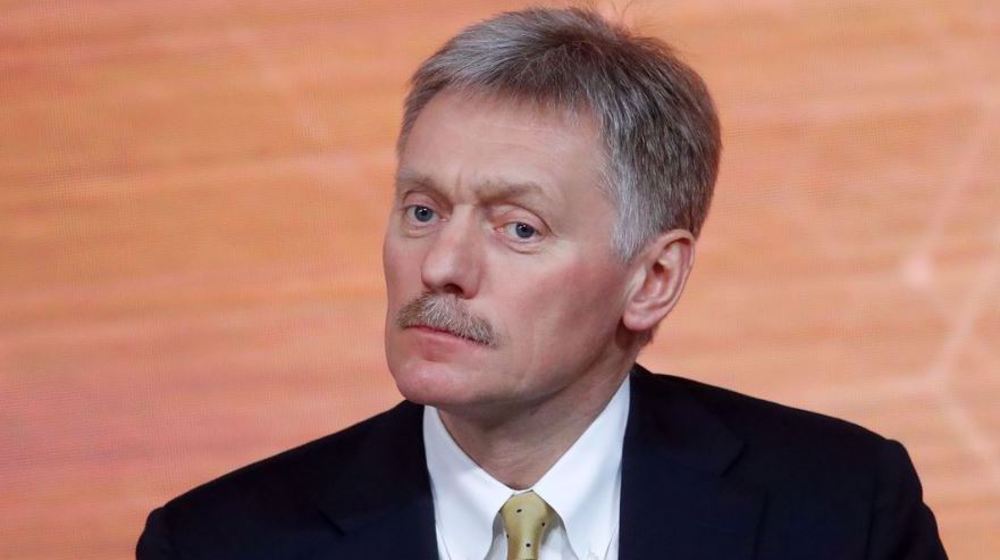
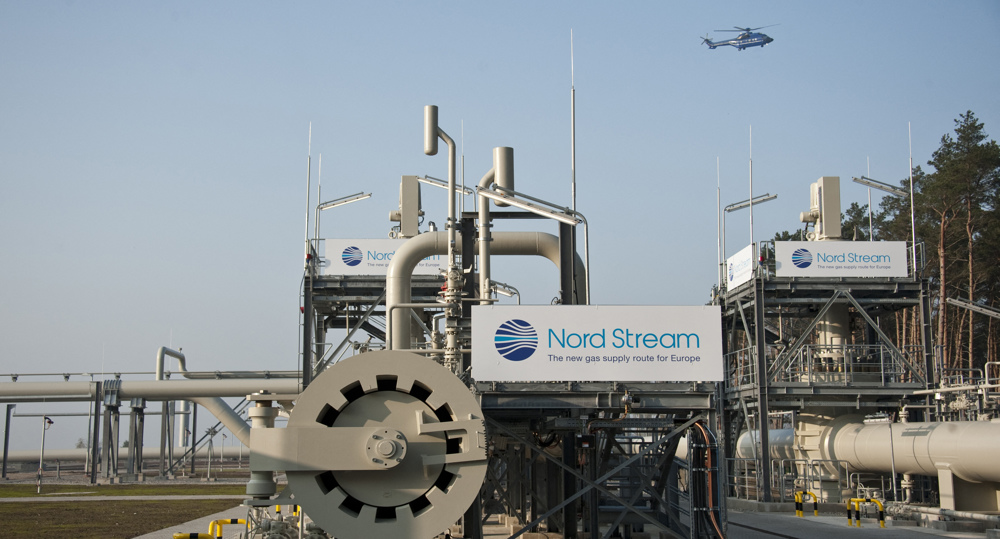
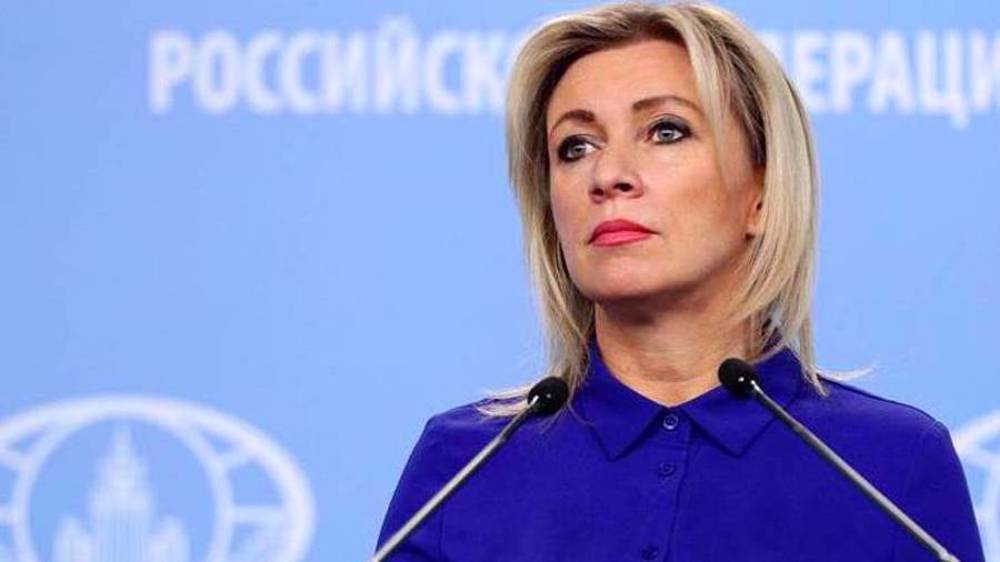
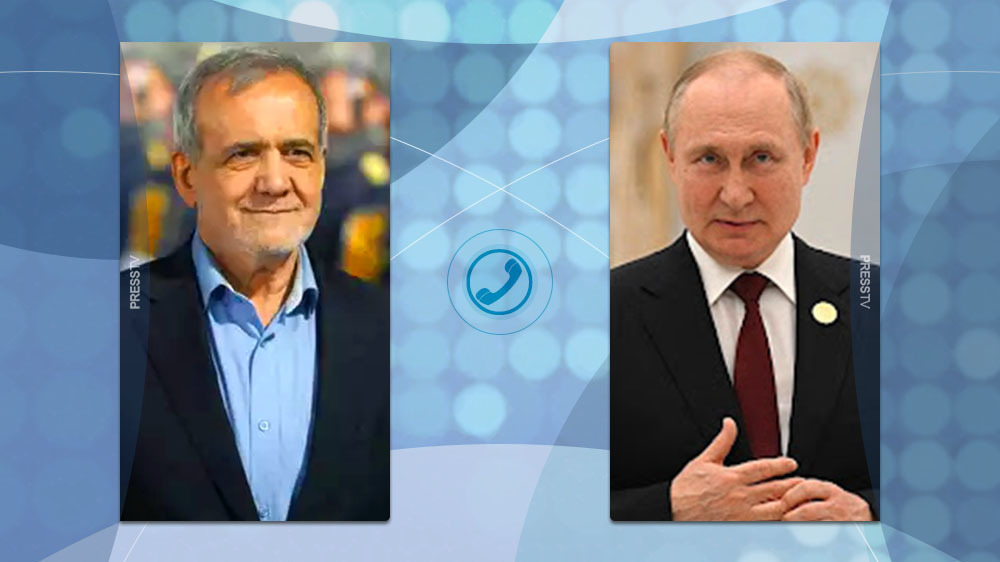
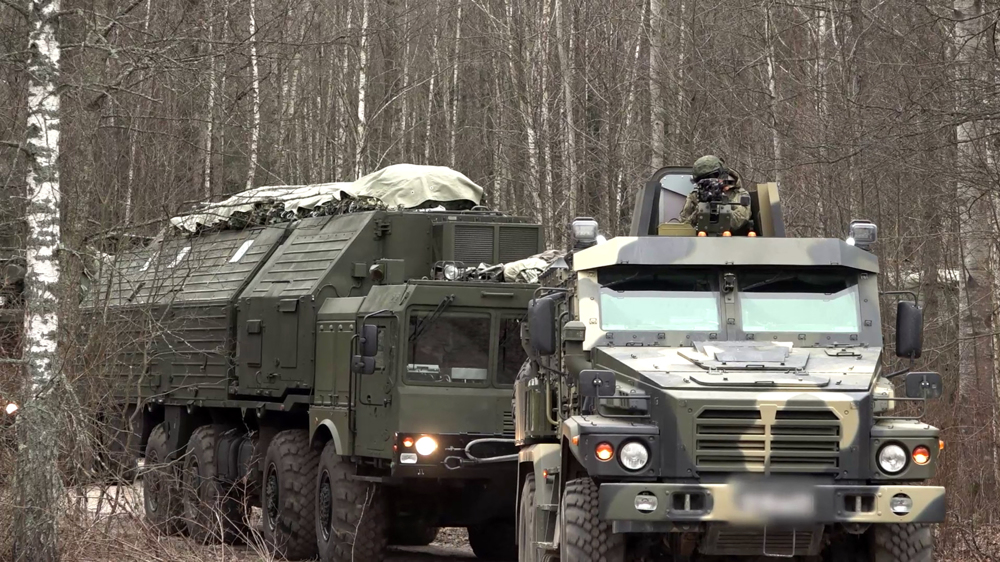
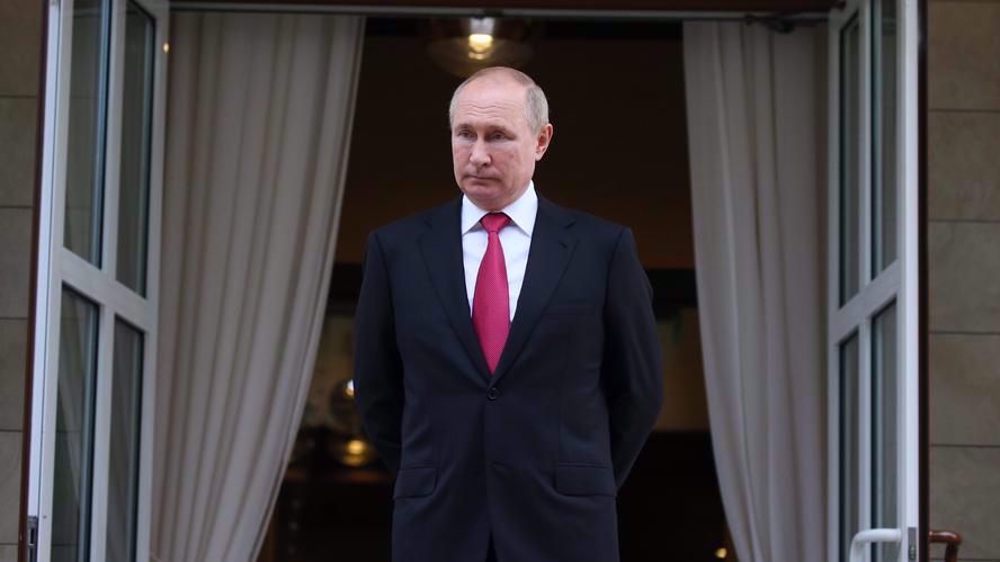



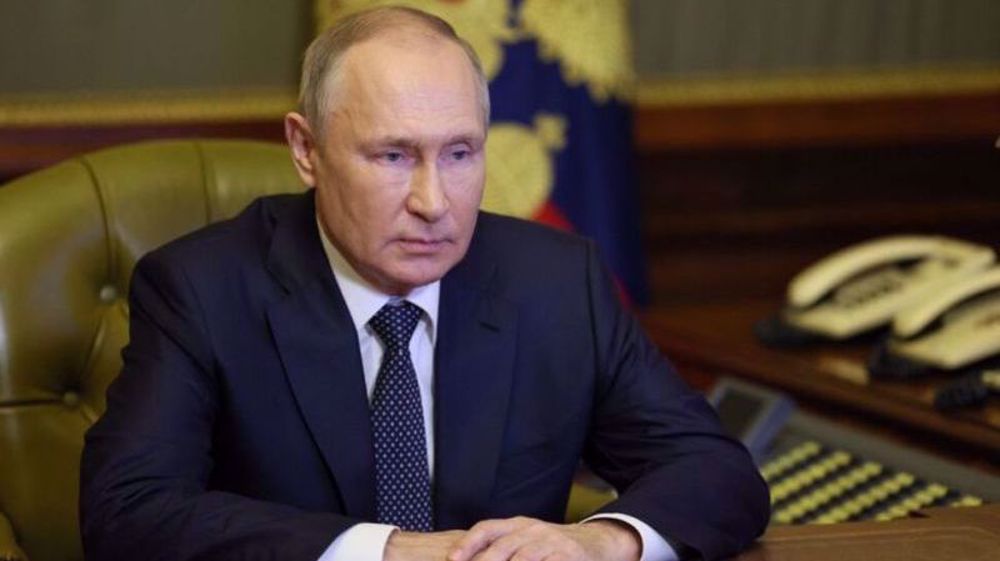
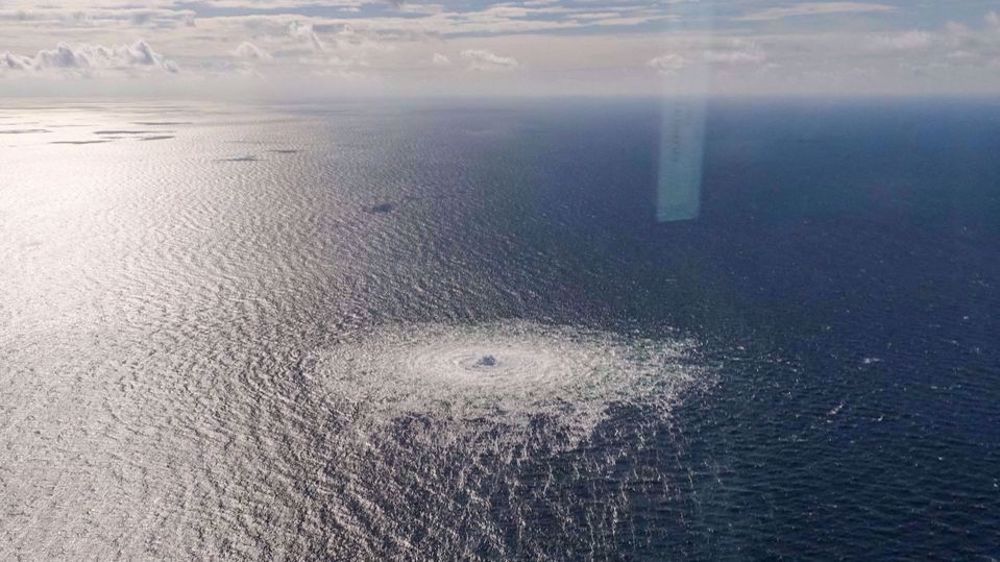
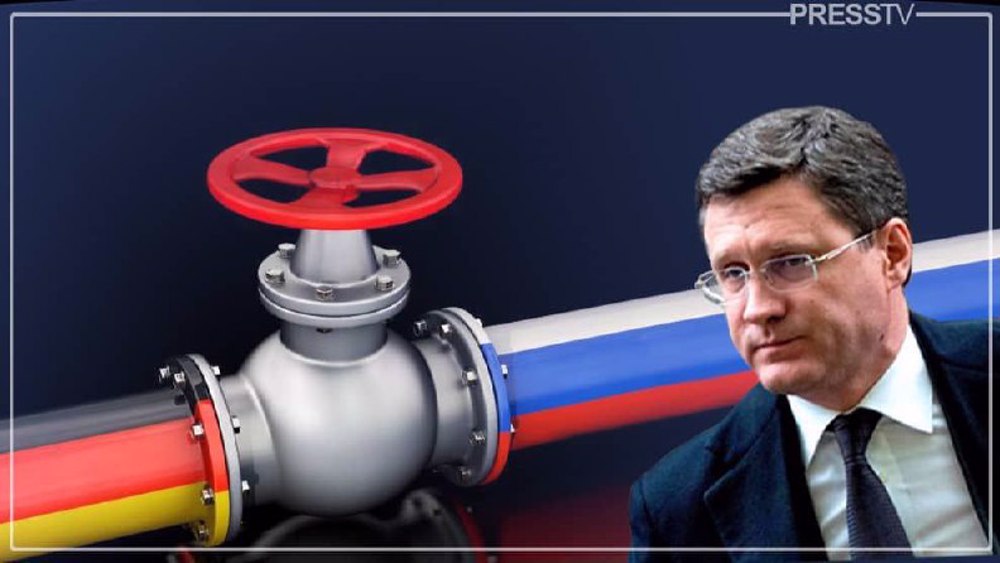
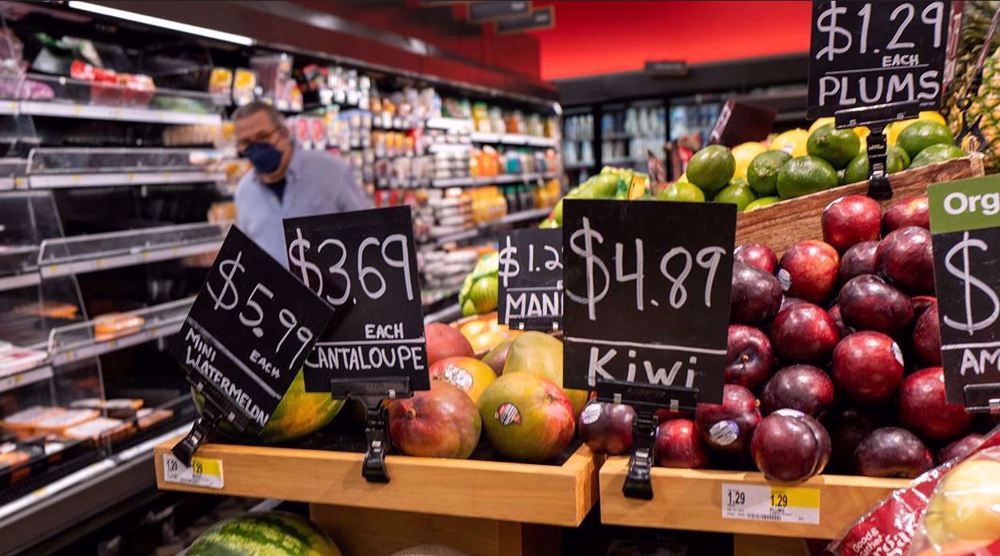
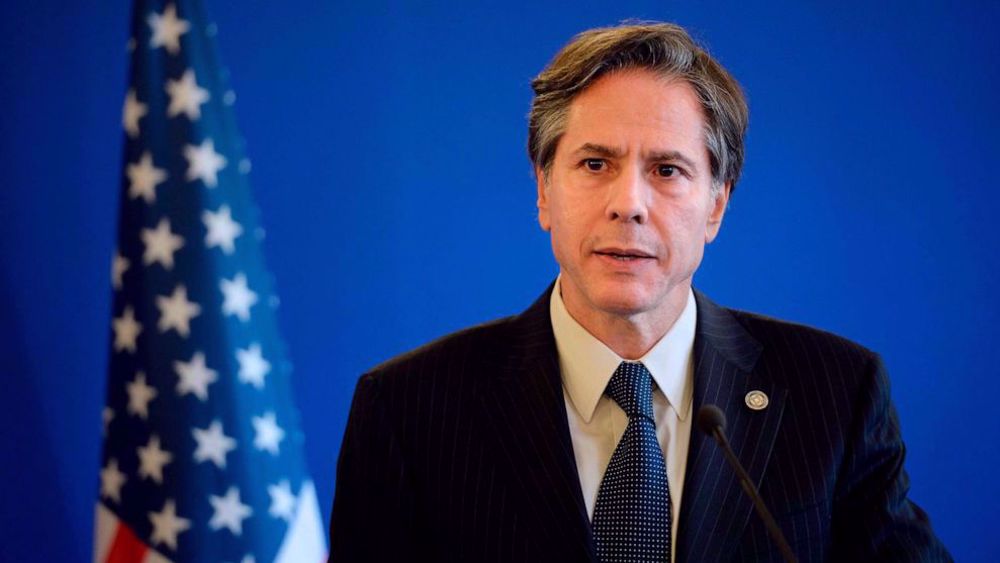
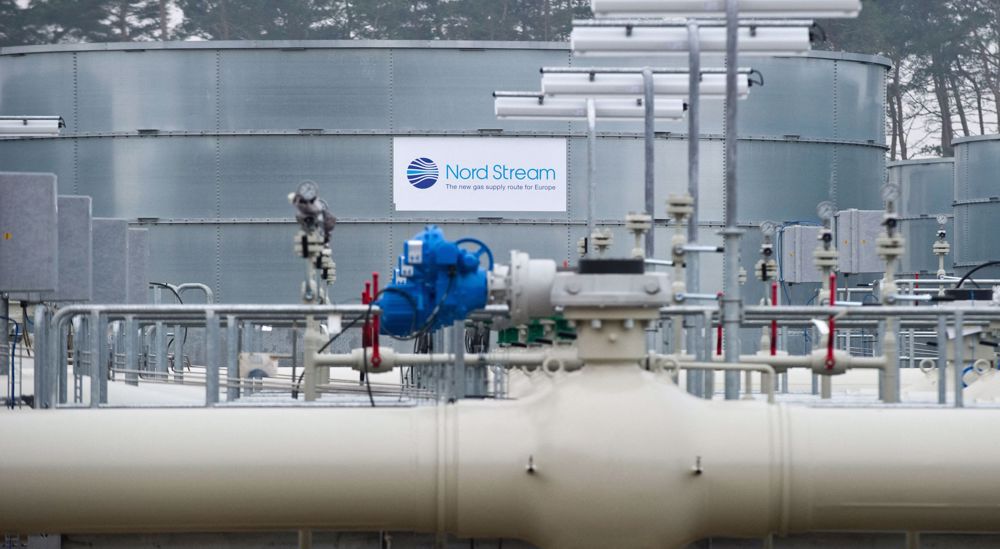

 This makes it easy to access the Press TV website
This makes it easy to access the Press TV website